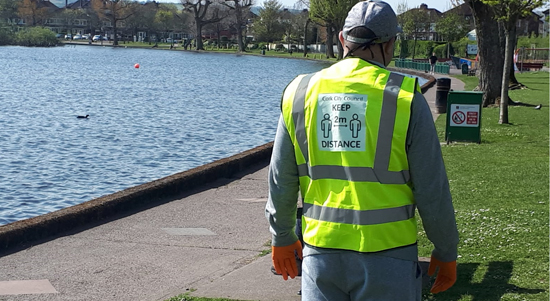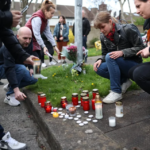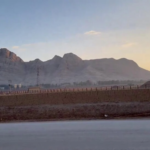Leo Varadkar wants to blame you for prolonging the lockdown. Last Friday he told us “People are already starting to be more lax” and “it’s going to make it harder to end this.” He tells us we may have to extend the lockdown an extra 2-3 weeks from the May 5th date. But as Mark Paul of the Irish Times writes, this “chimes exactly with how long the HSE says it will take for the State to ramp up Covid-19 testing to the level that we have been repeatedly told is necessary for an easing.”
The reality is that the rate of transmission still appears to be falling. People are still largely following social distancing protocol, and the “lockdown fatigue” predicted by experts has been minimal.
The problem, once again, lies with Fine Gael’s incredible slowness on testing. Dr. Cillian de Gascún has stated that we are still unable to deliver the necessary 100,000 tests a week, which would allow us track the spread of the disease, trace the contacts of anyone infected, and close down specific areas where cases appear.
While testing has by now increased considerably, it will still take 2-3 weeks to get to where we need. Why?
The answer is the same as it was back in February: Varadkar and Fine Gael are kowtowing to private industry and commercial interests. Rather than taking a wartime approach and instructing all private industry to focus on testing, Varadkar has reportedly made phone calls to the heads of companies like Roche – to plead for the supplies we need.
Fine Gael will never challenge private interests. This is why the testing debacle is dragging on.
But this should also be a warning signal for the coming weeks and months. Because Fine Gael are also being pressured on their other flank by the heads of industry to open up the economy. There are media reports of a split in the cabinet between the “hawks” who want business back and the “doves” who want to stay in lockdown.
The idea that there are any “doves” in Fine Gael is laughable – these are simply political calculations over what level of risk can be taken with peoples’ lives before the political backlash outweighs the need to satisfy the thirst of big business for profits.
In the North, workers in Bombardier have already been speaking out over being forced back to unsafe work. The company has deemed the production of aircraft parts to be “essential”. These workers might be essential for Bombardier’s profits, but the supply of aircraft parts for society certainly is not at this time.
We will see more of this in weeks to come. We must insist that the bare minimum for the lifting of restrictions is that the necessary testing and contact tracing measures are in place. Not doing so will both endanger lives and prolong the lockdown period, as we will be forced back into repeated, reactive lockdowns to deal with further spikes of the disease.
We must also be ready for the major battles to come, as businesses try to force workers back to unsafe working conditions. Many workers will likely need to follow the lead of the Moy Park and ABP Meats workers, who walked off the job because of inadequate social distancing measures a few weeks ago.
The bosses want us back to work, but one thing must remain clear: not one human life can be sacrificed for the sake of profit.












